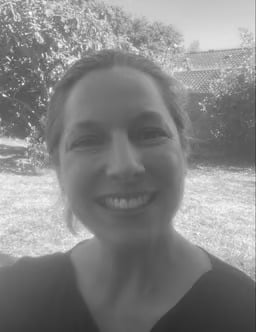Insoluble Salts (Oxford AQA IGCSE Chemistry)
Revision Note

Author
Philippa PlattExpertise
Chemistry
Making Insoluble Salts
Insoluble salts can be prepared using a precipitation reaction
Precipitation can be used to remove unwanted ions from solutions
E.g. Treating water for drinking or in treating effluent
The solid salt obtained is the precipitate
Using two soluble reactants to prepare an insoluble salt

Method:
Dissolve soluble salts in water and mix together using a stirring rod in a beaker
Filter to remove precipitate from mixture
Wash filtrate with distilled water to remove traces of other solutions
Leave in an oven to dry
Example: Preparation of pure, dry lead(II) sulfate crystals using a precipitation reaction
Soluble salt 1 = lead(II) nitrate
Soluble salt 2 = potassium sulfate
Method:
Dissolve lead(II) nitrate and potassium sulfate in water and mix together using a stirring rod in a beaker
Filter to remove precipitate from mixture
Wash precipitate with distilled water to remove traces of potassium nitrate solution
Leave in an oven to dry
Equation of reaction:
lead(II) nitrate + potassium sulfate → lead(II) sulfate + potassium nitrate
Pb(NO3)2 (aq) + K2SO4 (aq) → PbSO4 (s) + 2KNO3 (aq)
Exam Tip
You are not expected to know the rules of solubility but precipitation can be linked to testing for ions such as sulfates and halides.

You've read 0 of your 0 free revision notes
Get unlimited access
to absolutely everything:
- Downloadable PDFs
- Unlimited Revision Notes
- Topic Questions
- Past Papers
- Model Answers
- Videos (Maths and Science)
Did this page help you?